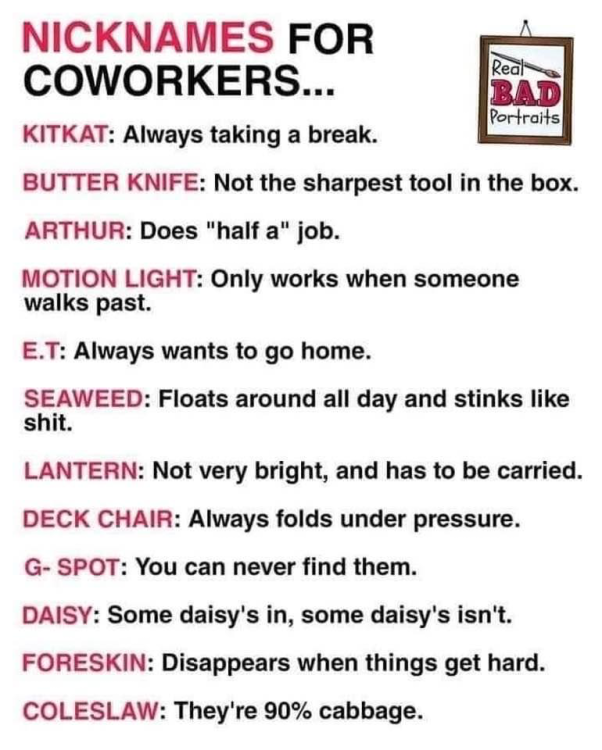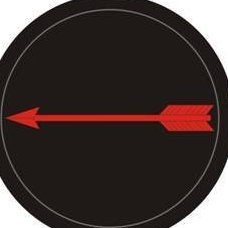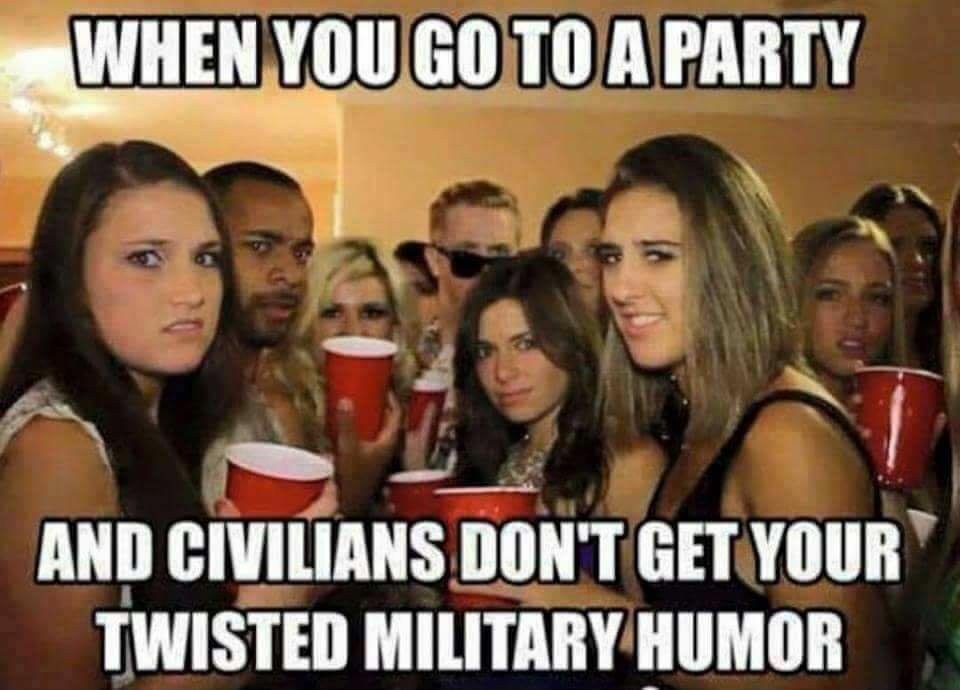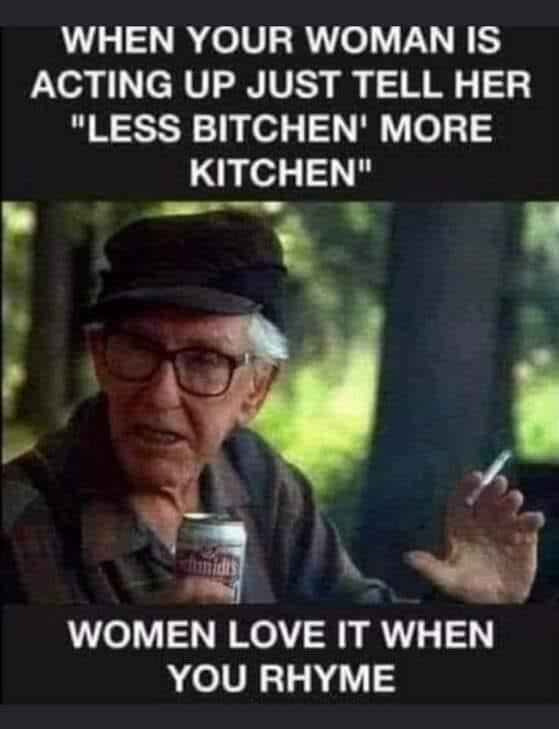Leaderboard
Popular Content
Showing content with the highest reputation on 01/07/2024 in all areas
-
9 points
-
7 points
-
7 points
-
7 points
-
6 points
-
6 points
-
6 points
-
6 points
-
6 points
-
6 points
-
6 points
-
6 points
-
6 points
-
5 points
-
5 points
-
From what I understand, when speaking to an Aussie that's a question you would never need to ask.5 points
-
5 points
-
5 points
-
5 points
-
4 points
-
4 points
-
4 points
-
4 points
-
4 points
-
.... and a little Vegemite ........ and possibly a slice of pineapple or two .........4 points
-
4 points
-
4 points
-
4 points
-
4 points
-
4 points
-
That's my point, sort of. Nobody is teaching them that for all practical purposes there is no difference except the color of the uniform. Compare Nazi Germany and the Stalinist Soviet Union. Same methods, same goals. National Socialism was still socialism. Fascism is socialism/communism with a whitewash of capitalism.3 points
-
3 points
-
3 points
-
3 points
-
3 points
-
The first example is incorrect. That would also be capitalism as it's your choice to be charitable. Socialism is the State forcing you to give one cow to your neighbor. Notice how similar socialism, communism, fascism, and Nazism are to one another? Just different faces of the same totalitarian die.3 points
-
3 points
-
3 points
-
3 points
-
3 points
-
2 points
-
2 points
-
2 points
-
2 points
-
truth be told, .... I live about 20 miles north (by road) of Taree. (almost on the upper horizon of this picture2 points
-
2 points
-
2 points
-
BOOM One moment Sarah Lynne McKenna and her Mama were discussing the latest shipment of ladies' fashions to the Coast. The next, Bonnie looked up, startled, as Sarah bolted -- launched -- drove from her chair to the door, running in what appeared to be an utter, blind panic, out of the dress-works and towards town. "Oh, no," Bonnie murmured: she put her ledger on the shelf, removed her glasses, folded them and placed them carefully in their colorful, Japanned case, placed this on the shelf with the ledger. She rose, tugged at the bell-pull: one of the girls came in, dipped her knees at Bonnie's summoning ring. "Have my carriage brought around," Bonnie said quietly. "Yes, ma'am." The concussion was felt for several miles. Its effects lasted for some time afterward. The Emerald Rose Brick Works was in a turmoil: Kiln #1 just detonated, chunks of brick were falling to the ground, men were shouting, running toward the long, brick kiln. Callused hands seized gas valves, turned them, shut off the supply: yellow fires flared within, where no yellow flame should ever be: as the valves closed, these renegade flares shrank, died. A boy was boosted up onto a horse, the boss's hand smacked the horse's backside, a little boy with a grim expression gripped the mare's reins and galloped toward town, toward the hospital, toward help. Chief Finnegan rose slowly, his bottom jaw out: his face wore the same determined expression he'd worn when he was ready to bust knuckles and bust jawbones in a Cincinnati street brawl. "ALL HANDS ON DECK! TURN TO, DAMN YE LOT, OR I'LL HAVE YER GUTS FOR GARTERS!" Three matched white mares, drowsing a moment before, came to sudden, dancing life: they knew their collars would be lowered, the harness dropped over them, they knew they'd be harnessed up, and the knew they'd be given let to run, to run with all the joy of their kind, with all the celebration of horses that loved to pull their shining Seam Machine at an absolutely breakneck velocity. The German Engineer leaped onto the tailboard, snatched open the firedoor, slung in two scuts of coal and a splash of the Devil's breath: they kept their boiler warm, that they could make steam faster, and when the Chief roared his stentorian summons, all hands wanted steam up, and they wanted it five minutes ago! "CHIEF! WHATTAWE GOT?" the New York Irishman demanded loudly as they seized the hose wagon, hitched it on behind the Steam Masheen. "NO IDEA, LADS! NE'ER FEAR, WE'LL FIND OUT!" Esther Keller inspected the still-warm brick, smiling at the stamped words, Emerald Rose, running its length: most of the bricks were plain, though the made glazed brick with decorative designs, for laying walkways, for masonry work that required a more decorative appearance: these were for construction, the stamped name would be seen only while the brick was being laid, but Esther insisted on this cartouche: she wished to impress upon the minds of every brickmason that handled her product, that Emerald Rose bricks were the very best. The brick fell to the ground, not because it was stripped from her gloved fingers, but because Esther was blown away from the brick by the concussion of an explosion. She was in one of the worst places to be, short of inside the kiln itself -- she was in front of its open end, and the detonation focused the gas explosion's blast like a gunbarrel. Esther Keller, the green eyed wife of that pale eyed old Sheriff, premier businesswoman, owner and chief executive of the Z&W Railroad, of the Emerald Rose Brick Works and of multiple mining operations in multiple states, flew through the air like a leaf before a hard gust of wind. She had no recollection of hitting the ground. The sight of a pretty young woman, running, her skirts snatched shamefully high, stockinged legs flashing in the sunlight, was at once shocking, and alarming: the velocity of her travel was, in and of itself, enough to elicit concern. When she skidded on her hard little heels -- when she nearly fell, when she leaped onto the hospital's stoop, when she seized the bell-pull and yanked, hard, those folk who'd seen her approach knew -- with absolutely no doubt -- that something was very, very, wrong! Bonnie was halfway from the dress-works and the firehouse when she was passed by a boy on a horse. She knew the boy, and she knew the horse, and she knew the urgency of their speed: her eyes swung over to the firehouse, saw the big wooden valves swing open, saw three matched white mares dancing impatiently, throwing their heads, clearly wanting to run. "BONNIE!" Sean roared, reins in one hand, blacksnake whip curled in the other: "BONNIE, WHITHER AWAY?" Bonnie looked at Sean, looked toward the hospital. She turned back to Sean, opened her mouth, just as the hospital's front door slammed open and something with long stockinged legs, flying petticoats and big pale eyes came streaking out, leaped to the street, ran at the top of her young lungs toward three matched white mares and a big, curled-mustache Irishman in the driver's box. "EXPLOSION AT THE BRICK WORKS!" Sarah screamed, opera-trained lungs driving her words before her: "EXPLOSION IN THE KILN!" Saran seized the polished brass rail, vaulted into the driver's box: Sean swung his blacksnake whip, snapped a hole in the air a yard over the center mare's ears, slacked his reins: "RUN, LADIES, RUN! SAINT FLORIAN, SAINT CHRISTOPER AND THE BLESSED VIRGIN'S TEARS, RUN!" Sarah Lynne McKenna sat, braced her feet on the dash board, gripped the brass rail with one hand and Sean's belt with the other as three, pure-white firehorses, did what they absolutely loved to do. Smoke, shining brass, polished hooves and an Irishman's voice, happily singing a Gaelic war-song, and behind them, a woman bringing her carriage hard about. Less than a minute later, Parson Belden seized the twisted hemp bell-rope and pulled, pulled again, the cast-iron bell spreading alarm, its metallic summons following Irishmen in pressed-leather helmets and a mother in a shining carriage. Father and son shared a look. Father and son rose to their feet. Father and son picked up their Stetsons, settled them in place. "Jacob, you go on ahead." "Yes, sir." Esther Keller felt hands gripping her, felt herself being turned over. She looked up, squinted: a shadow fell across her face and she could see. Esther blinked, confused. Why is Bonnie upside down? Another face, right-side-up: Jacob. "Lie still," Bonnie's lips moved: Esther frowned, squinted, divined what Bonnie must have said: she knew Bonnie was soft spoken, but good God! was all that screaming noise? A hand gripped Bonnie's shoulder: that sun again, searing Esther's eyes: she squinted, turned her head a little: someone gripped her head, someone ... Dr. Greenlees, she thought. No one else has such cold hands! She saw the good Doctor's lips move: she frowned, tried to sit up. His hand laid itself on her high chest, across her collar bones: only a physician would be so bold as to touch a woman's bodice without her let-be, and his lips moved again, and this time he frowned. Esther opened her mouth, worked her jaw, raised a hand to her ear, then slapped her hand hard against the ground, found a wrist, seized it: of a sudden the world was assuming a hard list to starboard, while rotating and dropping by the bow. Bonnie knelt, hugged her, Esther clutched her desperately, her eyes closed: she laid back down, teeth clenched, half sick. Esther felt several hands working their way under her, she felt herself lifted, she felt herself put on what must have been a litter of some kind. Esther Keller, woman of business and commerce, matron and icon of society, rolled up on her side and managed to throw up over the side of the litter. Sarah McKenna rode back to the firehouse, waited until the mares were unhitched from the Steam Masheen, until they were hitched to the surplus military ambulance: she rode back with them, chewed her knuckles helplessly as Esther, on her side, clutching the hardwood pole on the left side of the litter, was hoisted, slid into the ambulance. A blanket was unfolded, snapped free, draped carefully over her: Sarah and Bonnie looked at one another, each seeing the distress in the other's eyes. "You go," Sarah said quickly. "You're her best friend. You should be with her. I'll take the carriage back." Sheriff Linn Keller rose as Sarah came through the door. Sarah saw his quiet smile fade as he saw her face. Sarah swallowed and said the most difficult words she'd spoken in her life. "It's Esther," she said. "You're needed at hospital." The kiln had not even begun to heat when the explosion occurred. The foreman went over the startup with them who were there when it happened. Apparently either the pilot flame went out, or the insurance fire hadn't been lit beforehand: gas filled the kiln, someone realized it hadn't fired, threw in a burning gob of greasy rag waste, and boom. They surveyed the kiln's arched roof, calculated the damage: they switched to Number Two, and the foreman went to see if Miz Esther was still alive. Every man there watched him depart, every man there felt his stomach slide slowly down to his shoetops, for Miz Esther was well loved by them: not only was she absolutely fair as a boss and as an owner, she was genuinely liked. Jacob was pacing like a panther. Sarah, on the other hand, sat composed, a Western Queen on a velvet-upholstered throne. Jacob stopped, turned, glared at Sarah. "Go on, say it," Sarah said quietly. "If I say it I'll have to see it done." "So do it." Jacob glared at his sister, looked to his right, at the paneled wall with a vase of flowers painted on hanged canvas: he looked at the other wall, at a vase of flowers on a shelf, then looked back at Sarah. "Doc needs a bigger waiting room." Sarah arched an eyebrow. "Oh?" Jacob nodded solemnly. "I can't get three steps before I have to turn and go the other way." "I see." Sarah rose, took Jacob's hands. "Jacob," Sarah said quietly, "I'm not sure what to say." Jacob frowned, studied his sister's face. "How's that, Little Sis?" Sarah hauled off and punched him in the chest. "Papa is coming through that door and I haven't any idea what to say to him, little brother!" Jacob grinned with half his face. "Little Sis, I oughta turn you over my knee and fan your little biscuits!" Sarah ran her arms under his, hugged him desperately, buried her face in shirtfront linen: Jacob hugged her to him, whispered "I'm scared too, Sis." The door opened, the Sheriff's silhouette was black in the sudden blaze of light. The others in the waiting room saw the man's face as he saw Jacob and Sarah in embrace, saw the controlled anger in his son's expression. "Jacob?" he said. Jacob raised his head. "Alive, sir." Linn's face was a mask: he knew he was watched, habit alone bade him show no expression, not even now. "Where?" Jacob raised an arm, thrust a stiff hand toward one of the three doors. Linn strode to the door, several of the townsfolk followed him with their eyes. Jacob released Sarah, followed his father. "Was anyone hurt?" Esther whispered. "Besides you?" Doc Greenlees said, his face unsmiling. "I haven't heard." "I have to --" she started, sitting up a little, then fell back, brought a forearm across her forehead, the other hand seizing the edge of he bed. "Lie still," Dr. Greenlees said, not unkindly. "You're likely dizzy as hell." Esther tried nodding her head, clenched her teeth as she realized that, too, was a bad idea. "I can barely hear you." "That should fade in a few days. You might have ringing in your ears for some long time." "My husband," Esther whispered, not daring to speak any louder. "He'll be worried sick." She felt a familiar warmth as a hand laid itself over her blanched knuckles. As cold as Doc Greenlees' hands were, her husband's hands were just as hot: she'd joked with Bonnie that sleeping with Linn was like sleeping with a full length bed warming pan, and Bonnie asked if Esther ever put her cold feet in the middle of Linn's back when he slept, and Esther described a yelp and a launch as if her husband had been Clap Boarded across his backside, and both ladies laughed quietly: now, though, now Esther was content to know Linn was there. Linn was there, and everything would be all right.2 points
-
TEAM FIRELANDS Marnie Keller flipped her twin braids over her shoulders with a quick twist of her head: she held out her hand, received the two rounds from a grinning, older man wearing a carpenter's apron bulging with shotshells, she thumbed them into the Ithaca's magazine. Marnie Keller set her saddle shoes at shoulder width, her left a little forward, she brought the red rubber recoil pad to the shoulder of her cheerleading sweater, and she smiled. "Pull," she said quietly. A claybird disappeared in a cloud of orange dust, bright against a cloudless blue sky. A second clattering thump behind her, another clay bird, sailing through the cloud of pulverized, baked predecessor: Marnie's Ithaca spoke again, another empty hull hit the ground, and a pale eyed high school freshman raised her shotgun's stubby muzzle to the vertical, turned and looked at her broadly grinning Daddy. There were twenty students on the line today: they'd reserved the range, they were competing to see who would go to the Regionals, and Marnie was first to shoot. She knew she'd have a few more rounds to go; like the other shooters, she waited until the last station shot, then they all turned and went back to let the next squad come forward. Marnie was shooting her Daddy's shotgun, the one he carrried in his cruiser: he told her it was a little long for her, and she hugged him and leaned the side of her head into his chest and said "Oh, Daddy," the way she did when she was wheedling him out of something, then she laughed and kissed his cheek and said, "If you'll screw the Modified tube in your shotgun, I'll bet you a hot fudge Sundae I can break twenty!" Now, when the first squad came off the line and the second squad came up, Marnie hung the shotgun, muzzle up, from its carrying strap on her left shoulder and stood beside her long tall Daddy. "Nice work," Linn murmured. "You didn't want to shoot your own gun today?" "Daddy's shotgun is lucky," Marnie smiled, and her ear pulled back a little as the Sheriff's talkie chimed the quick two-note repeater tone. Marnie's face went from happy and girlish to pale and solemn in a tenth of a second or less: she slipped the short shotgun from her shoulder, seized the choke tube wrench: she switched the Modified for the Improved Cylinder, which her Daddy preferred: the Sheriff was half-bent-over, noting information on his flipped-open pad that lived in his shirt pocket. Marnie snugged the choke tube, dropped the choke wrench back into the plastic tacklebox they kept extra tubes, parts, cleaning supplies and miscellaneous necessities: she shoved the magazine full of 00 buck, thumbing the last round into the magazine as her father reached for the gun. "Got to go, Princess," he murmured: "Be careful, Daddy," she replied, and watched as the Sheriff strode for his tan cruiser. Marnie picked up a gun case, unzipped it, gripped another shotgun by the hand-checkered wrist: she lifted the two-tone gun case free, draped it over the table, frowned as she read the stamp on the little flat on the exposed choke tube's knurled collar. Marnie slung this shotgun from her off shoulder, like she'd done with her Daddy's cruiser gun. It would be several minutes before her squad cycled back onto the line, so she leaned back against the heavy wooden table, a pretty high-school girl in her cheerleader's uniform. Mary Lou came over, stood beside her: like Marnie, she wore her pleated-skirt cheerleader's uniform; like Marnie, this one also employed a long sleeved sweater, worn over a white blouse; like Marnie's, she wore a gold pin on the top bar of the gracefully-curved script-F. Mary Lou's pin was a shotgun, in profile: Marnie wore the same shotgun, with a gold rifle on the second bar, and a gold pistol on the curved upright. "Did he take the bet?" Mary Lou asked hopefully. Marnie looked at her, smiling a little, the way two girls will when talking about boys or other girlish subjects: "He took the bet." "Good." Mary Lou smiled. "When he buys you a hot fudge Sundae, he buys for the team!" "But he only buys if I break twenty today." Mary Lou giggled, nudged her with an elbow, gave her another conspiratorial look. "Don't miss," she said, "I really want that hot fudge Sundae!" The Valkyries were not the only students competing to see who would go to Regional. Marnie's stiffest competition came from two upperclassmen, local boys with custom stocked over-and-unders: they'd worked and scraped and saved for these high grade trap guns, and an anonymous benefactor paid for custom fitting of Circassian walnut stocks: the boys had no idea who'd made the donation, and try as they might, they weren't able to find out. They had to satisfy themselves with expressing their thanks to their shooting coach. By the time Linn returned -- which was well into the afternoon -- he was just in time to see Marnie, on the line, her extended-magazine 870 stoked: he heard her quiet, confident, "Pull!" -- he saw the doubles sail out, saw the trap crew reset and throw without prompt: he knew Marnie was challenging herself, this was an optional stage, where twenty birds would throw out as fast as the loaders could cock the thrower and drop birds on, two and three at a time. Marnie's rhythm was steady, her aim unerring: her left hand had eyes -- she fired three times, loaded two into the magazine, fired twice, shoved in two more, then a third: her hand dropped from the loading gate, seized the fore-end: she breathed easily, she knew her pupils were dilated, it was all she could do to keep from quivering like a bird dog on point, waiting for the next salvo of clay birds to come sailing out. Linn leaned back against his cruiser, arms folded, smiling quietly: he nodded just a little, watching his daughter punish the sky with cloud after cloud of orange dust. Linn was not the only proud parent present. He was, however, the only one who caught his daughter, as she came running to him, shotgun slung over her off shoulder, screaming "Daddy, I did it, I did it, I did it!" as Linn caught her under the arms, swung her high in the air, dissipating her running momentum by spinning her around, his head back and laughing, Marnie's delight and wide eyes plain for the camera to see. That was the picture Bruce Jones caught for the Firelands Gazette's next issue: a pale eyed Sheriff, his uniform Stetson just falling off his head, his delighted daughter, pigtails flying, skirt flared, legs bent up behind her as her big strong Daddy whirled her around, and the shotgun carried by Marnie's Gammaw Willamina, slung over her shoulder, secure in spite of the triumphant hoist toward the blue heavens above: that afternoon, Team Firelands adjourned to the chrome-and-mirrors, 1950s-decor drugstore and ice cream parlor, and triumph was celebrated with chocolate hot fudge Sundaes, all around.2 points
-
Been savin’ this’n for just the right moment! A little Robert Earl Keen for Christmas Eve!! Humor!! Don’t take it any more seriously than it deserves!!2 points


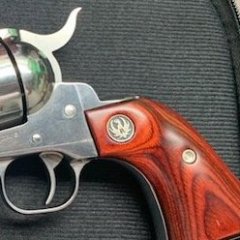
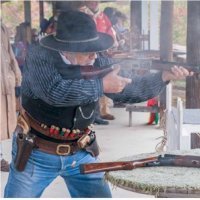
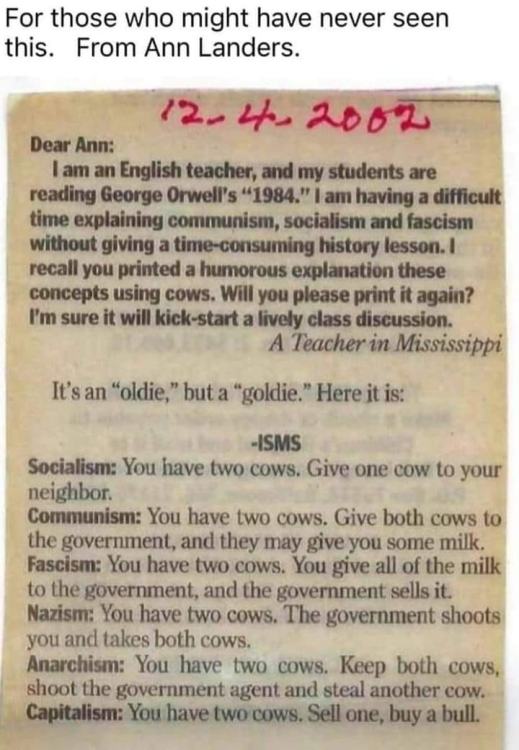

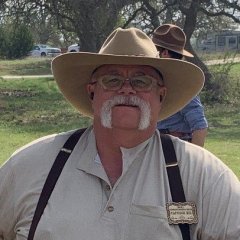
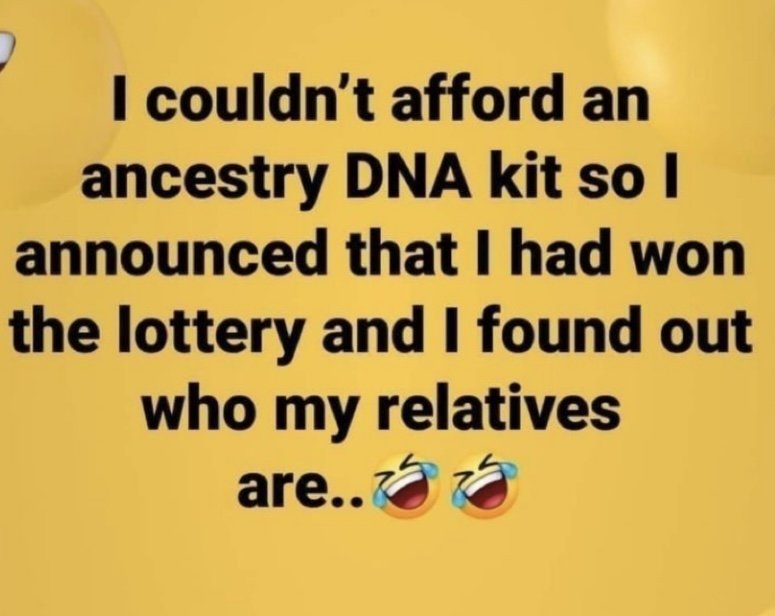



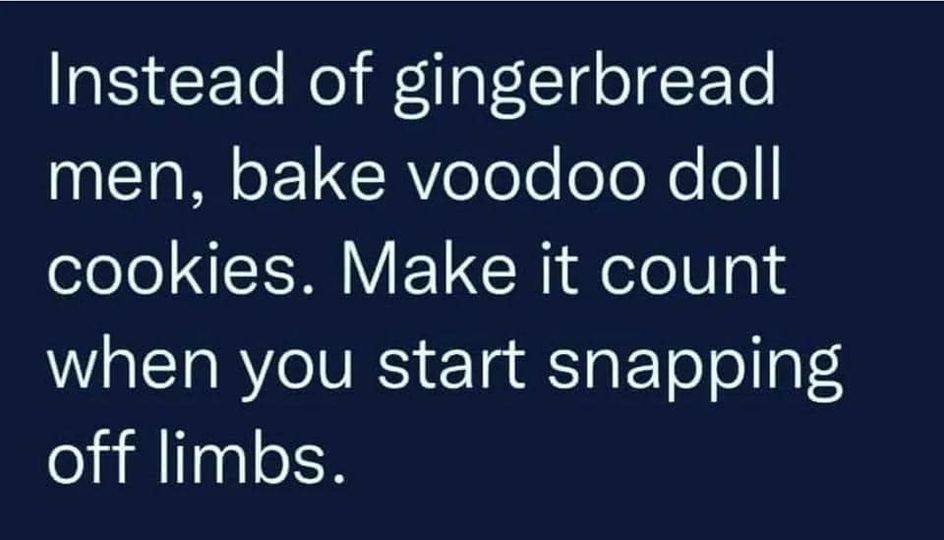
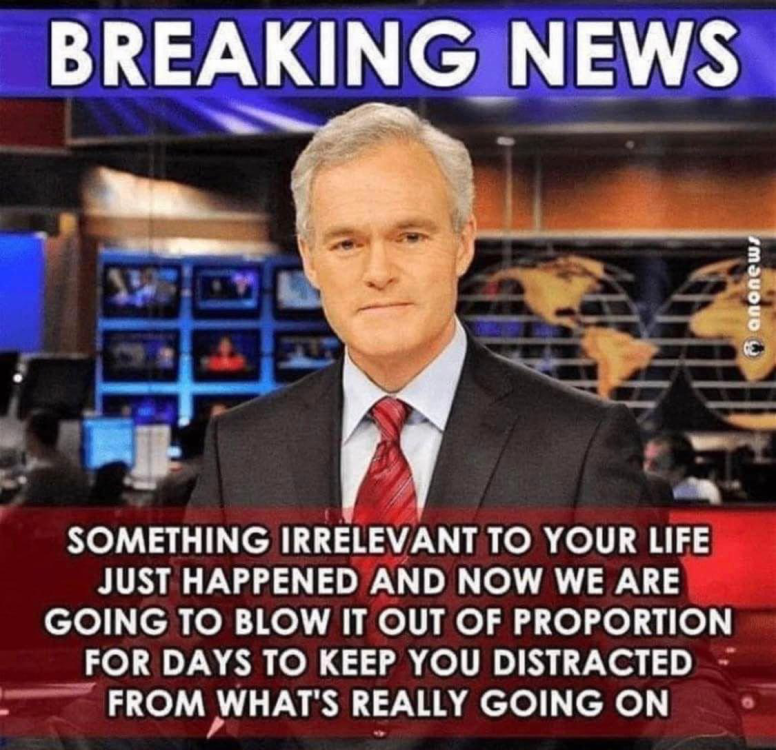


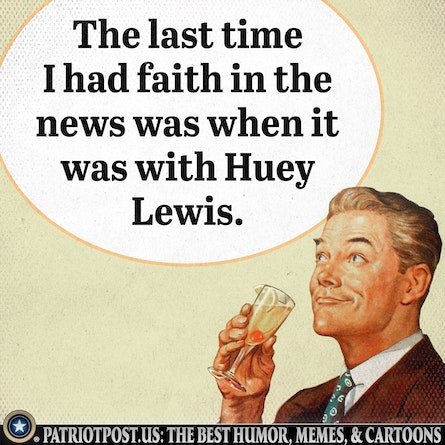
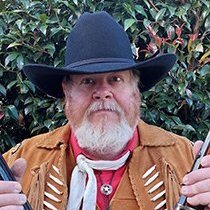
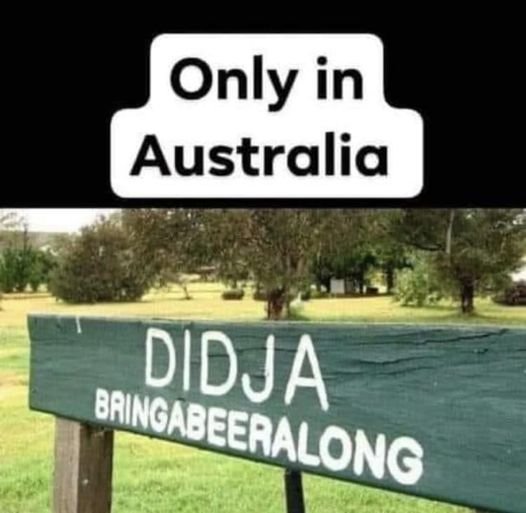
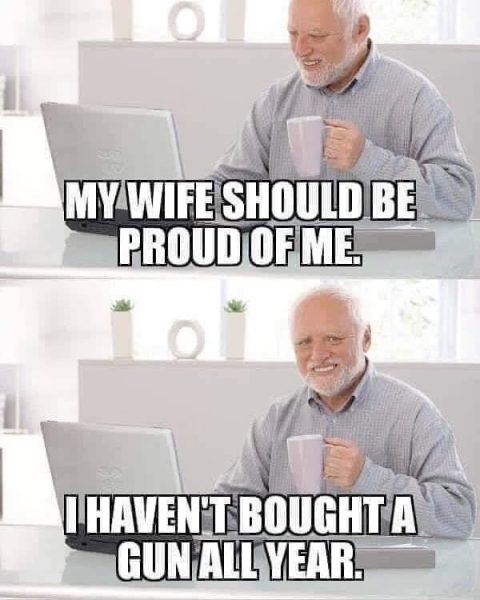

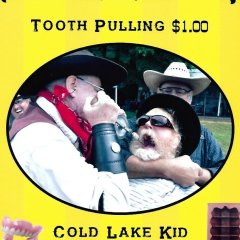
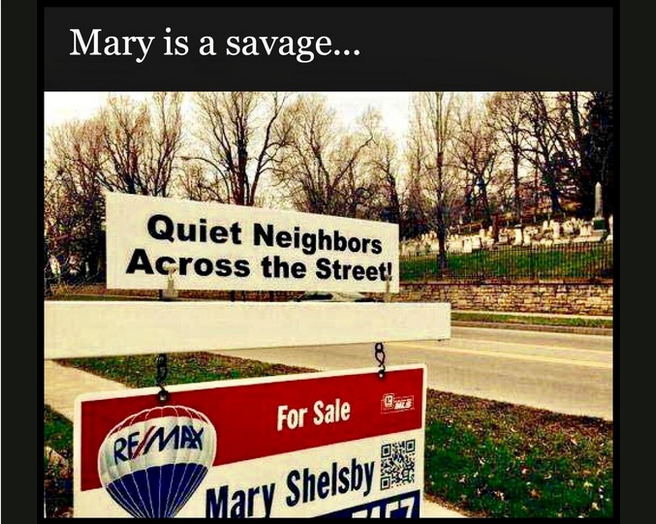
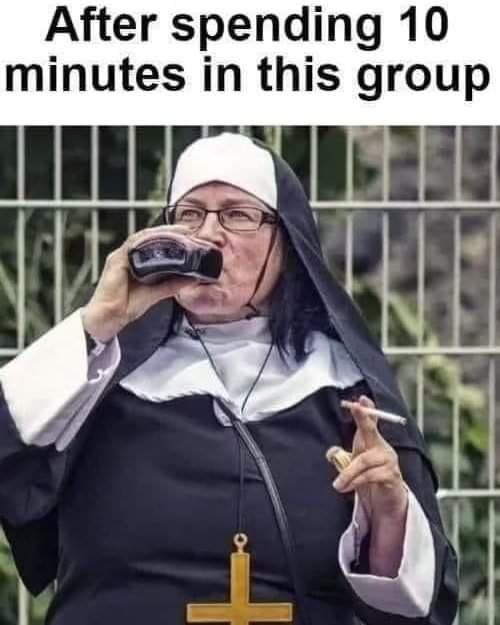
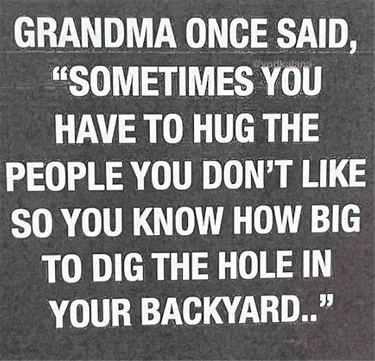
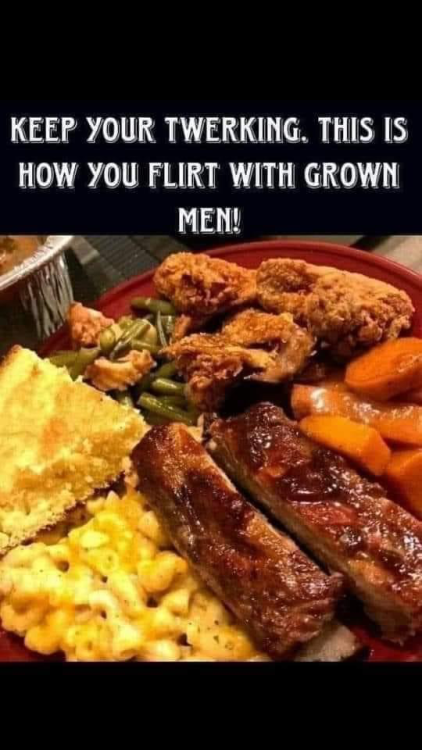
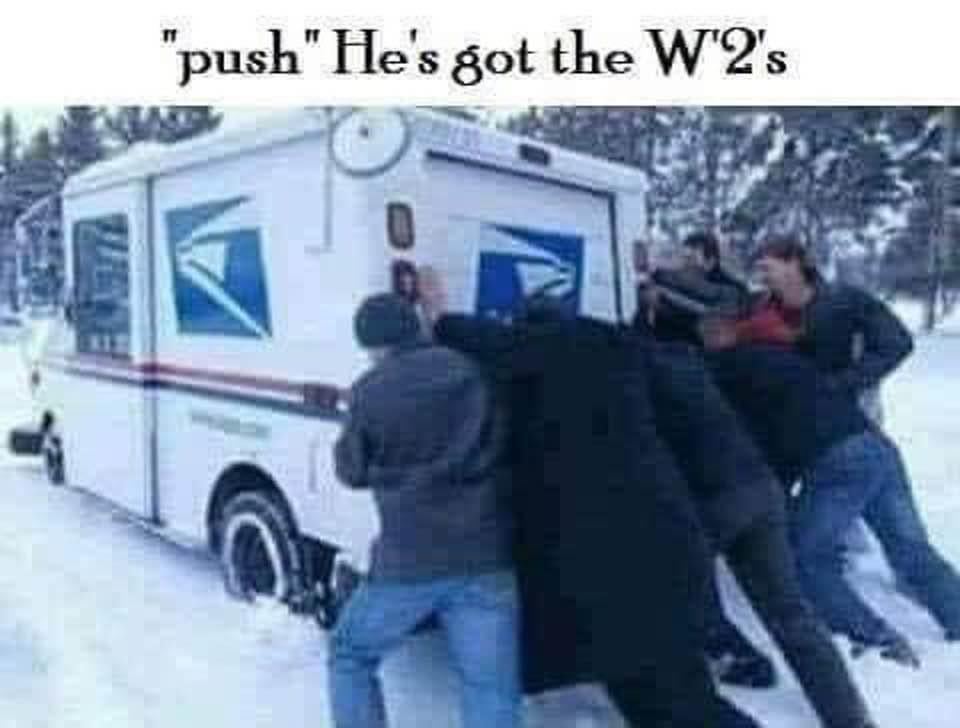


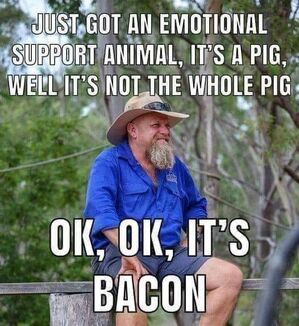

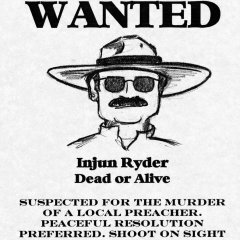
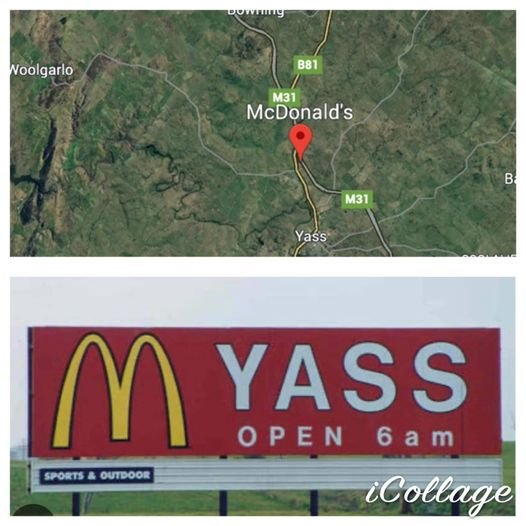
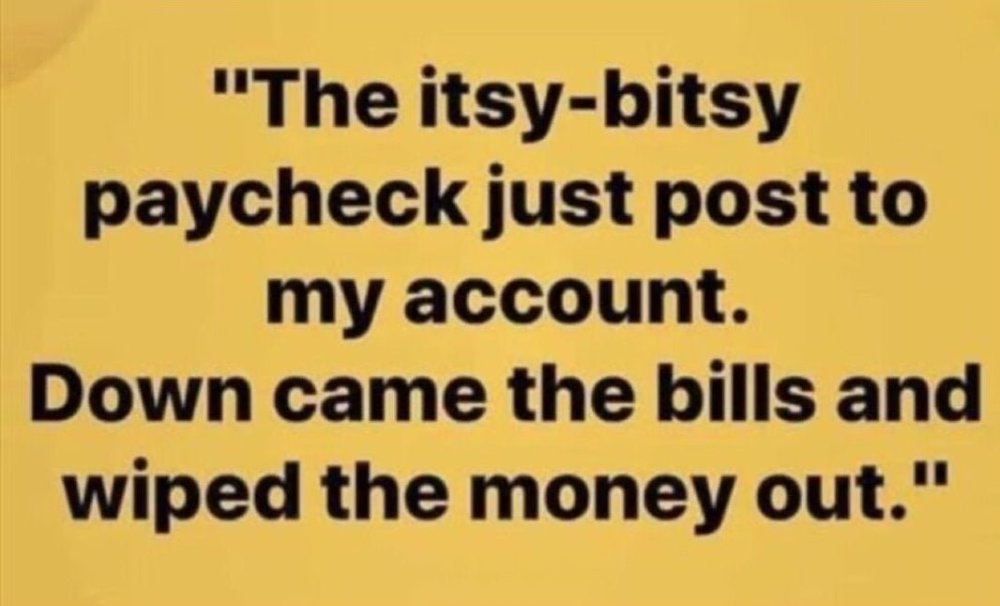

.jpg.a0b32bdcf8f8f4488b02e663b19993d2.jpg)

